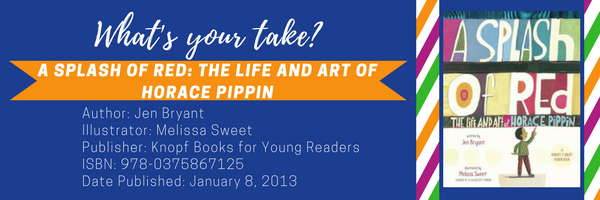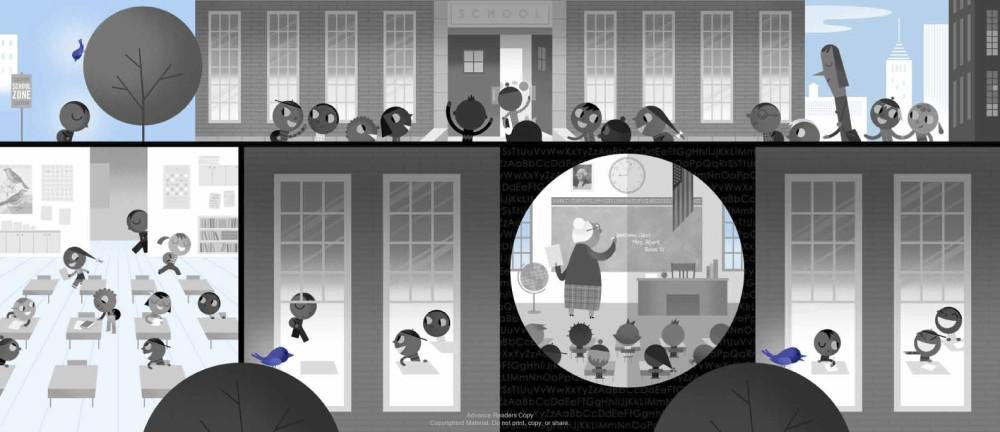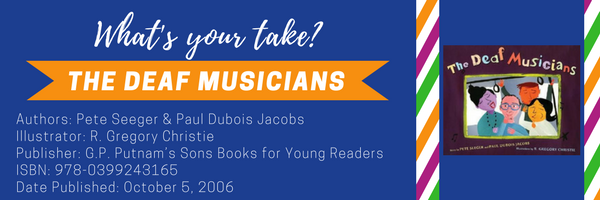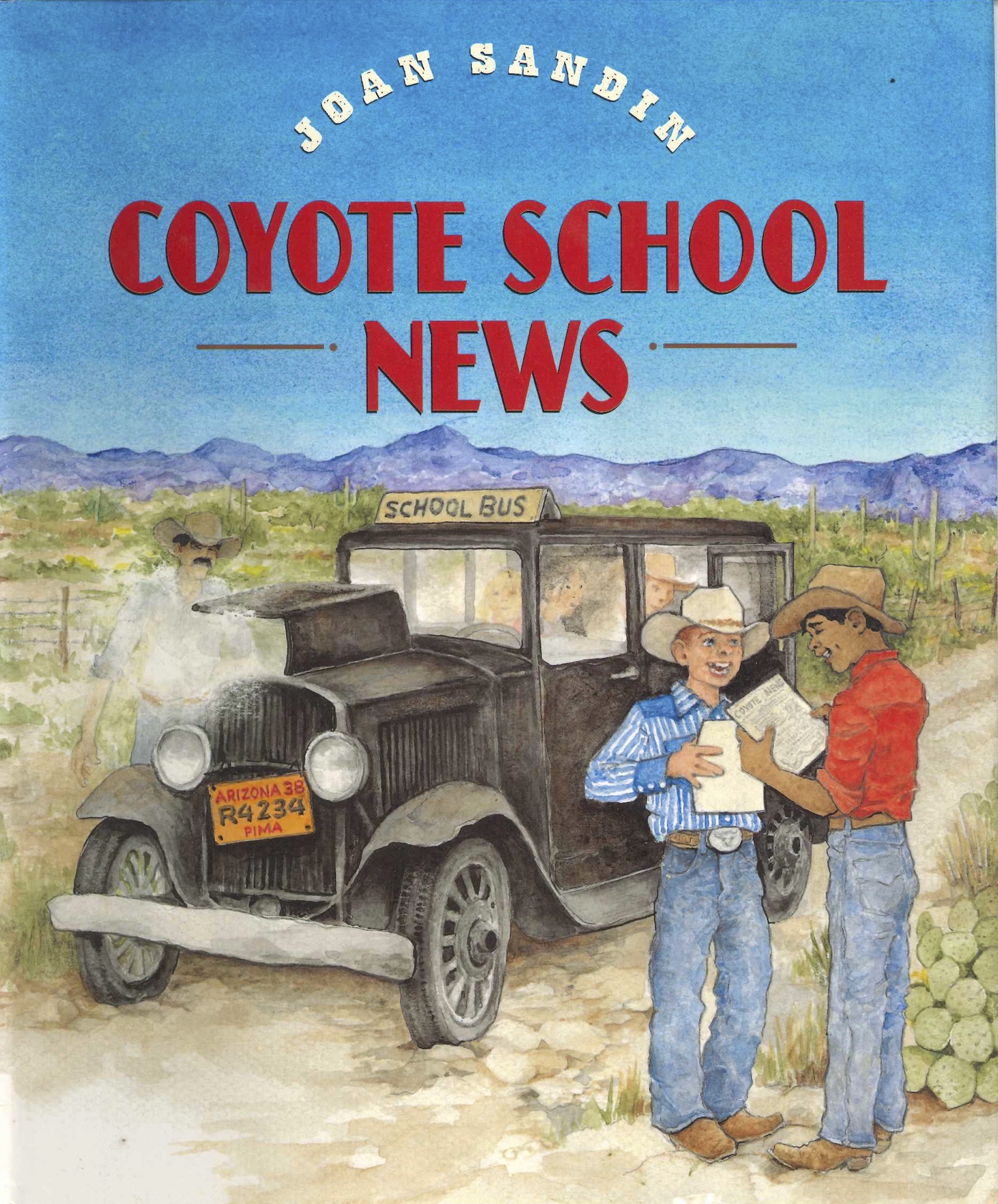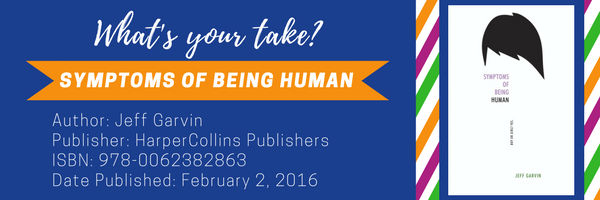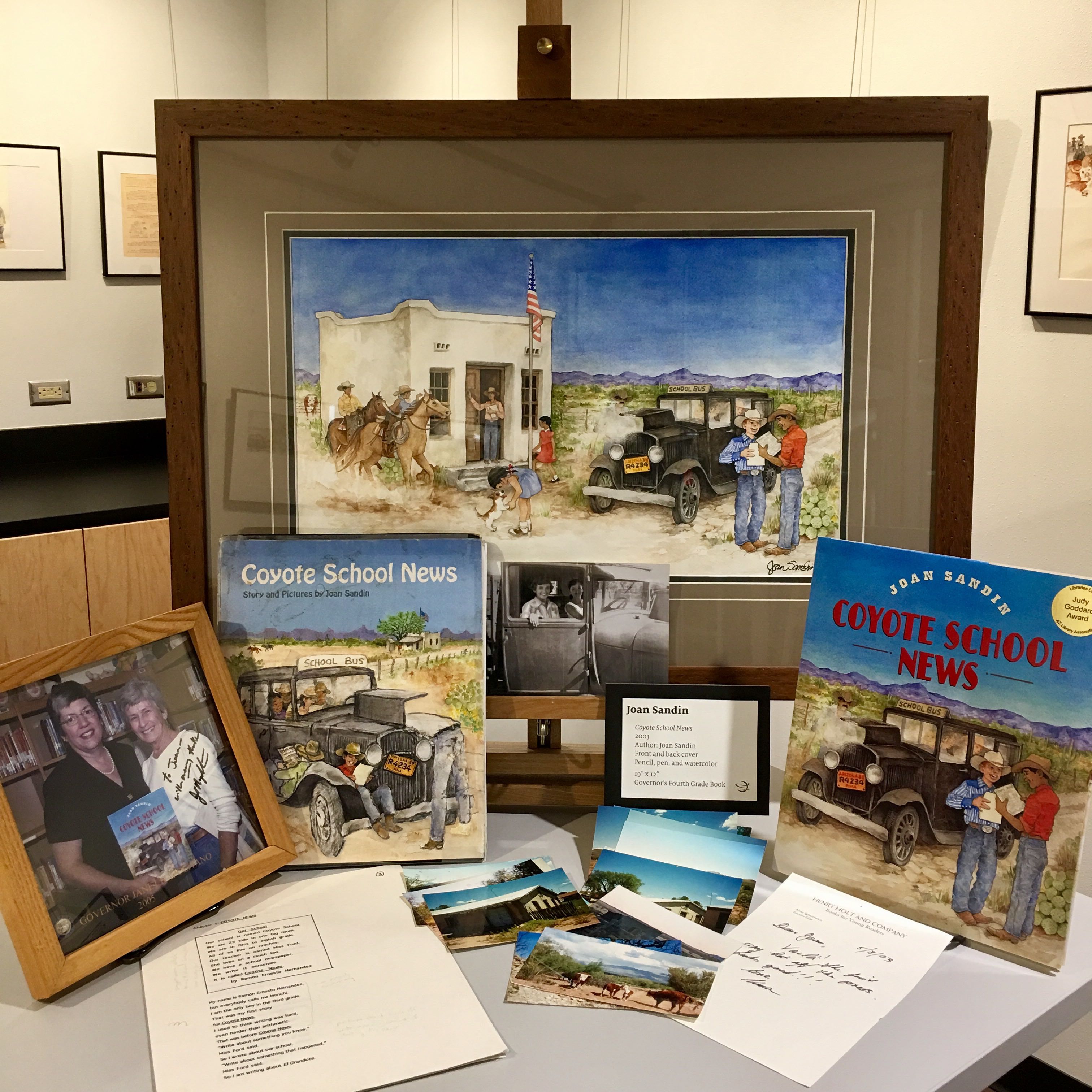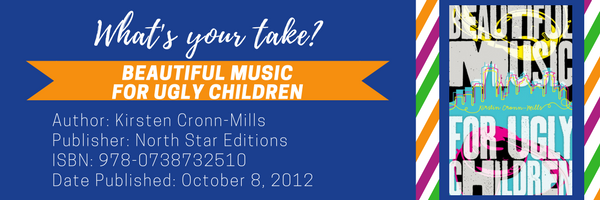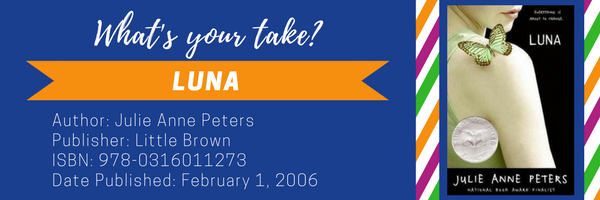This post continues February’s My Take/Your Take conversation on books that have won the Schneider Family Award for their portrayal of the disability experience. The conversation started with The Deaf Musicians and continues this week with A Splash of Red.


Supporting Refugees and Immigrants through Silent Books
By Susan Corapi
On the heels of Lauren Freedman’s posts about the importance of stories about the refugee experience, this month’s blog posts will focus on practical uses of books to support refugees in ways that can help them feel welcome, negotiate the language learning and adaptation process, and gain a sense of a new home.
Continue reading
MTYT: The Deaf Musicians
The four of us (Desiree, Maria, Megan and Susan) are picking up where we left off in August 2016’s My Take / Your Take — looking at books that won the Schneider Family Award for the portrayal of the disability experience. We looked at five global picture books in our previous discussion, and now we are shifting our attention to four other award winners, this time set in the U.S. The first is The Deaf Musicians.

WOW Recommends: Samurai Rising
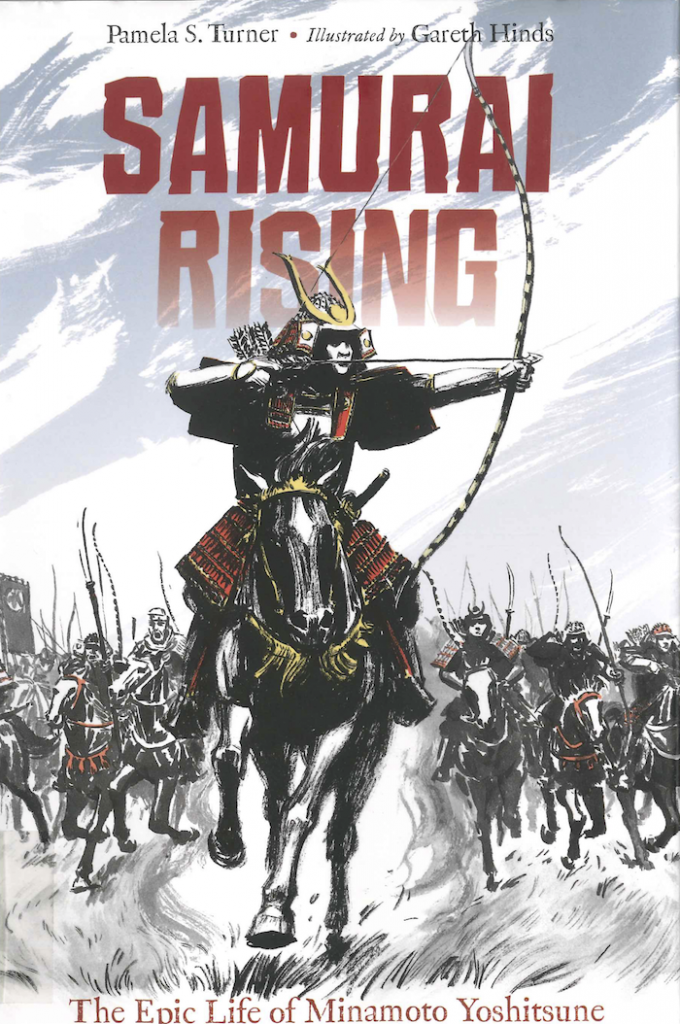
Book of the Month, February 2017
Samurai Rising: The Epic Life of Minamoto Yoshitsune by Pamela S. Turner with illustrations by Gareth Hinds
This brutal account of the turbulent life of Minamoto Yoshitsune comes with a warning: “Very few people in this story die of natural causes.” Yoshitsune is perhaps the most famous warrior in Japanese history and also known for committing seppuku (ritual suicide involving disembowelment). Turner helps readers understand the bloody and betrayal-filled events through relatable speculation, often involving sports and sensory references. The brush and ink illustrations by Hinds include battle maps, helpful details, and family seals on every page. This biography reads like fiction with a thick set of end notes for motivated readers to dive into and so naturally earned a spot as a finalist for the YALSA Award for Excellence in Nonfiction for Young Adults. Samurai Rising gives readers a chance to meet the real Yoshitsune, who is often referenced in video games, manga, and movies. -Recommended by Rebecca Ballenger
Continue reading

Joan Sandin’s Long Road to Publication
By Maya Patterson
Worlds of Words’s exhibit, Inspiration to Celebration: Publishing Journeys is now open to the public. The exhibit features the publishing journey of Coyote School News by Joan Sandin, an award-winning author, illustrator and translator. Sandin’s original artwork for Coyote School News hangs in the WOW Studio, and the Mary J. Wong Collection showcases her journey of publishing the book. Newspaper covers from two publications that feature the voices of young reporters, the Little Cowpuncher and Bear Essential News, also hang in the exhibit in the WOW Hall Gallery.

MTYT: Symptoms of Being Human
By Mary L. Fahrenbruck, Leanna Lucero and Tabitha P. Collins
Riley is a gender fluid teenager who struggles with their identity on daily basis — sometimes Riley feels like a boy, other times a girl, and sometimes neither. The added weight of a sometimes complicated secret gender identity on a normal teenager is often overwhelming to Riley, so at the suggestion of their therapist, Riley creates an online blog using an alias as a method of venting their frustrations as well as to create a forum to openly discuss their struggles as a gender fluid person. Despite these difficulties, Riley is beginning to settle in at a new school with new friends (Bec and Solo) who seem to accept them for who they are. When an anonymous commenter on Riley’s blog discovers their true identity, Riley must decide whether to erase the blog and walk away from this newfound safe space or to come out and face their parents and the rest of the world.

Imagination to Celebration: Publishing Journeys Exhibit
By Rebecca Ballenger, Coordinator of Outreach and Collections for Worlds of Words
Award-winning author and illustrator Joan Sandin reflects on the experience researching, writing and publishing the children’s book Coyote School News from 3 to 5 p.m. on January 28 in Worlds of Words. The event celebrates the opening of Worlds of Words’s new exhibit, Imagination to Celebration: Publishing Journeys.

MTYT: Beautiful Music for Ugly Children
By Mary L. Fahrenbruck, Leanna Lucero and Tabitha P. Collins
Beautiful Music for Ugly Children is the story of Gabe, who has been living as Elizabeth, but has known for some time that he is Gabe and must figure out a way to show himself to the world. Through his job at a local radio station, and with the support of his friend and neighbor, John, Gabe is able to experiment with sharing his identity during his late-night radio show. Unfortunately, people eventually begin to make the connections between Gabe and Elizabeth, and when things take a turn for the worst, Gabe must make some difficult decisions. Using humor and a wide range of musical references, Cronn-Mills addresses the delicate subject of an often ignored population in a way that is authentic and engaging.

MTYT: Luna
By Mary L. Fahrenbruck, Leanna Lucero and Tabitha P. Collins
Liam has never felt okay in his own skin because deep down, he knows that he is a girl playing a boy during his waking hours. At night, though, Luna emerges. Safe in the confines of her sister Regan’s bedroom, she transforms into the girl that she is inside. As Luna becomes more comfortable with her chosen identity, she can’t hide from the world anymore. Luna feels she must emerge from her cocoon and present as Luna to the world. But will Regan and the rest of Luna’s friends and family be able to accept Luna for who she is? And can Regan ever stop resenting the choices that Luna has made and how those choices affect her? Peters’ novel shows the struggles of a transgender teen trying to come to terms with her identity as well as shows readers how Luna’s struggles (and the struggles of others like her) can impact the lives of close friends and family members.

MTYT: I am J
By Mary L. Fahrenbruck, Leanna Lucero and Tabitha P. Collins
This month we discuss adolescent literature that features coming out stories of transgender and gender fluid adolescents. Mary and Leanna happened upon this genre when they brainstormed ways to interpret a Crossing Borders theme in their undergraduate teacher-education classes. Tabitha, a doctoral candidate, focuses on children’s and adolescent literature that features LGBTQ+ characters as part of their research agenda. What follows in each discussion is a synopsis of the novel and excerpts from our conversations about multiple topics including believability (Tunnel & Jacobs, 2004), stereotypes, story patterns (Stott, 1978), supports in place for LGBTQ youth (particularly at school), and the authors’ calls to action.

January’s My Take/Your Take begins with a discussion of I am J by Cris Beam. Continue reading

